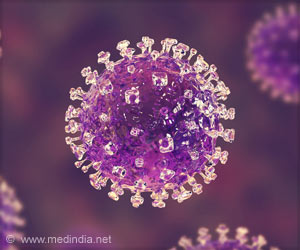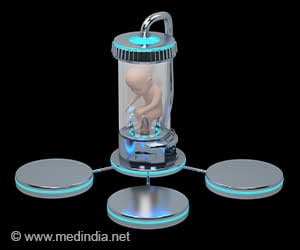
"Animals that received two immunizations did not get sick or show signs of C. difficile-associated disease," says corresponding author Michele Kutzler, of Drexel University College of Medicine, Philadelphia.
"While our research was conducted in animal models, the results are very translatable to the clinic," says Kutzler. "In some cases, patients who acquire C. difficile can develop serious complications including severe diarrhea, toxic megacolon, bowel perforation, multi-organ failure, and death. Once fully developed, our DNA vaccine could prevent the deadly effects of C. difficile infection when administered to hospital patients at risk of acquiring C. difficile."
The protection following just two immunizations is especially important since the time window in humans between colonization with C. difficile and the onset of disease symptoms can be a mere 10-14 days, says Kutzler.
The vaccine protects against the bacterial toxins by mustering anti-toxin neutralizing antibodies, says Kutzler.
The cost of fighting the half million C. difficile infections that occur annually in the US is estimated to be nearly $10 billion, most of which could be saved by a successful preventive vaccine, says Kutzler. Morbidity and mortality have risen over the last decade, likely due to increased prevalence of relapsing disease, and hypervirulent strains, she adds.
Advertisement
"Since our vaccine was safe, effective after only two immunizations, and performed exceptionally well, we feel that this success warrants further studies using human patients," says Kutzler.
Advertisement











